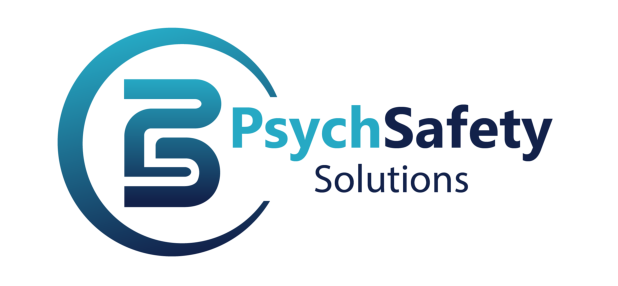Publications
Feedback is an essential component of the learning process

Is a nice culture impacting your team’s performance?

Is Group Think limiting your team’s potential?

Freedom through boundaries

Increase innovation and performance by bridging the generational gap

Inclusive Leadership

Empowerment, accountability and performance

Top 3 Emotional Intelligence skills you need to succeed as a Leader

The Importance of Constructive Conflict at work for Innovation and Performance

Psychologically safe workplaces: let’s break down the evidence

Teams are more diverse but not necessarily inclusive

Psychological Safety and Performance

Enhancing Business Culture through Psychological Safety
Over the past year we have had several opportunities to present and talk with members of the The CEO Institute about the importance of a psychologically safe culture. Not only it is a legal requirement and the right thing to do, it is also commercially savvy.

Podcast: High-performing foundations


Ever wondered why a meeting ended in silence, or why rumblings of discontent reached you long after your team agreed on a strategy? It could come down to the psychological safety of your workplace, and chances are it’s impacting your team’s performance.
In this episode of the Elevate Podcast with Elite Agent Managing Editor Samantha McLean, Marianne explains what psychological safety looks like within an organisation, the benefits it offers, and the strategies leaders can use to embrace it. She explains the importance of psychological safety and how it can unlock five times greater performance in your team. LISTEN NOW.
Psychologically safe workplaces deliver results

A personal story – Using volatility and disruption for growth

Navigating to Psychological Safety: Aim for the Clear Water

Simplifying psychological safety governance requirements to transform organisations

Psychological Safety is not a new concept

Mental Health First Aid Australia estimates the annual costs of work-related mental ill-health in Australia

Psychological Safety and ROI

When the masks come off … or do they?

This article briefly explores the need for leaders to be authentic when building psychologically safe work cultures.
People acknowledge the need for protective masks in these COVID days, but still one of the most common comments I hear in workplaces is “I’ll be glad when I can stop wearing this mask”. So say all of us, but removing a physical mask doesn’t mean we’ve taken off the psychological masks that we all wear.
Psychological masks—the personas that we project to others—are not intrinsically wrong; indeed, they can help us to set appropriate boundaries while we assess whether we trust a person or group of people enough to reveal more about ourselves and our beliefs. However, this can become unhealthy when any one of those masks is overused intentionally or out of habit, because it can keep us overly distant from others (e.g., see the Therese Borchard article on The 10 Masks We Wear).
A particular challenge for leaders endeavouring to build psychological safety is how to avoid hiding behind a defensive mask. That is, how to be authentic in their dealings with their teams, peers and their own leaders, who may all be wearing their own defensive masks until trust is established.
Doing so opens a leader to being more vulnerable, which requires courage. Is it worth taking such a risk? The short answer is “Yes”, provided the leader is adequately equipped to mitigate the risk and consolidate gains.
Human experience and formal research point to the benefits of investing resources in building psychologically safe work cultures. Our own insights as humans living in the world will support the notion that if we feel safe to express our views in a work setting without fear of being embarrassed or punished, then we’re more likely to be engaged and committed. Research findings validate this, with the benefits of psychological safety including better decision-making, lower absenteeism and ‘presenteeism’, higher productivity, and a solid return on investment. Additionally, organisations characterised by psychological safety are likely to be employers of choice for quality candidates.
So, the journey is worth it, but where to start?
My business partner Marianne Hynes and I (Mike Speter) can assist. We draw on our experiences as senior executive leaders, who have successfully built psychologically safe work cultures ourselves, to equip other leaders to navigate the path to psychological safety for their teams and organisations. These pragmatic insights are complemented by our tertiary education, training and associated work in the fields of psychological processes, adult learning and change management. Please feel free to contact either Marianne or me if you’d like a no-obligation discussion to explore your needs.

